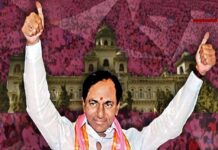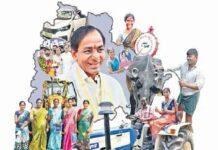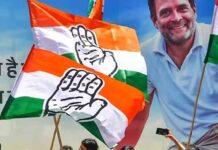India has lasted as a republic longer than many others. China’s first republic did not last even 40 years. Pakistan broke up.
India did not become fully independent in 1947. It was not yet sovereign. It had only dominion status acknowledging the British Crown as its head with a Governor General appointed by London, Lord Mountbatten first and then C Rajagopalachari, the first and last Indian to be Governor General of India. (Jinnah became the first Governor General of Pakistan as he refused to accept Mountbatten as joint head of both dominions and thus the first non-White head of a British-ruled dominion.)
There was a lot of anxiety among the British about whether a sovereign India would stay in the Commonwealth, which has the British Crown at its head. If India was not to join the Commonwealth, could Indian Army officers be trusted with military secrets? As a dominion, India had British army chiefs and came under the Imperial General Staff.
So a compromise was worked out. India became a sovereign democratic republic on January 26, 1950, and stayed within the Commonwealth with the British Crown at its head. Indeed, the Congress implemented a much more moderate transition to Independence than it had envisaged during the Independence struggle. Jawaharlal Nehru, the fire-breathing radical, was persuaded to be friendly.
India became independent but continuity with the colonial rule was assured. ICS became IAS but the bureaucracy remained as the British had fashioned it. Indeed, even today, Indian bureaucracy is still the best model of old British-style civil service. Britain has moved on but not India.
In most respects, India continued to be ruled by previous practice. All the emergency legislation the British had passed — Defence of the Regime Act, for example, under which an Emergency can be declared — has stayed on the books and indeed was actively used by Indira Gandhi. Even those who denounce Macaulay are happy to retain the Indian Penal Code. Only this year is the railway budget being abolished and the budget date moved from its old date.
It could be argued that this conservative approach to full independence in 1950 has been a help rather than a hindrance. The Congress had ceased to be a radical party after 1935 and getting into government in 1937 in the provinces. It acted as much like a loyal party eager to have monopoly of power at Independence than breaking away in a leftward direction.
Continuity meant that only the dress of the elite changed as they moved into the Lutyens bungalows. They continued to treat their fellow Indians with suspicion and distrust as the British used to do, and this pervasive distrust is even today the way the government treats its citizens. Only in India an adult has to provide his father’s name (it is worse for women). You have to almost prove you exist by showing documents signed by a higher authority. This is how the British saw their subjects — a heterogenous mass they could not understand.
But India has lasted as a republic longer than many others. China’s first republic did not last even 40 years. Pakistan broke up. Even the US had to jettison its first Constitution within a decade and get a better one which guaranteed its continued existence for the next 225-plus years. One of these days, India will shed its colonial skin and become truly Indian. #KhabarLive






